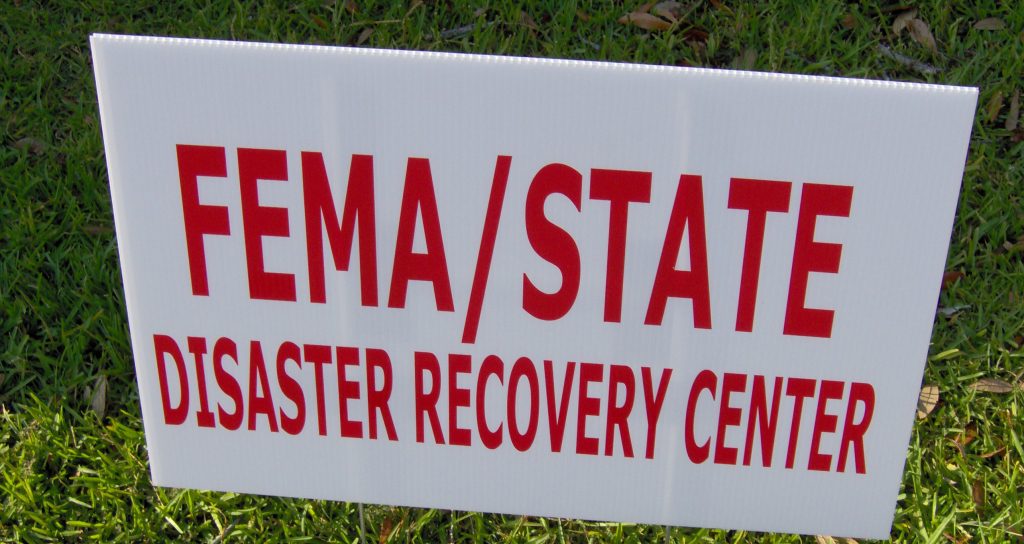
By Jennifer Hawks, BJC Associate General Counsel
Overturning decades of precedent, the Federal Emergency Management Agency (FEMA) amended its internal guidelines to permit houses of worship to apply for disaster relief grants that could to go to repair — and even rebuild — houses of worship damaged by disasters. This change is problematic, as one long-standing staple of Establishment Clause law has been that the government does not fund religion. That responsibility is left to individual religious communities.
FEMA has a few avenues for disbursing emergency relief grants following a declared natural disaster. One is to reimburse organizations that provide certain essential services, such as emergency shelter, medical care or meals. Churches that provide these secular services for community residents have long been able to receive these FEMA reimbursements on the same basis as other institutions; the changed FEMA policy does not affect this form of reimbursement.
The new FEMA policy concerns FEMA grants that go to repairing and rebuilding physical structures, not reimbursements for providing emergency community services. Under the former policy, most churches were excluded from receiving grants to repair or rebuild their facilities because their buildings are primarily used for religious purposes. Church-owned buildings primarily used for non-religious purposes could have potentially qualified for these grants. But, under the old policy, buildings primarily used for religious purposes, along with buildings used primarily for political, athletic, recreational, vocational or academic training, conferences or similar activities were all ineligible for FEMA’s repair grants. These exclusions were based upon the use of the buildings, not the identity of the owners.
FEMA’s new policy now permits houses of worship to apply for grants to repair and rebuild their buildings used primarily for religious purposes, but it still prohibits funding for buildings used for the other excluded purposes. Despite FEMA’s change in policy, using taxpayer dollars to repair and rebuild houses of worship remains constitutionally problematic under the Establishment Clause as taxpayers should not be forced to literally build sanctuaries for religious teachings with which they disagree.
For more on this issue, read BJC General Counsel Holly Hollman’s column in the January/Feburary 2018 magazine.
This article appeared in the January/February 2018 edition of Report from the Capital. You can also read the digital version of the magazine or view it as a PDF.




